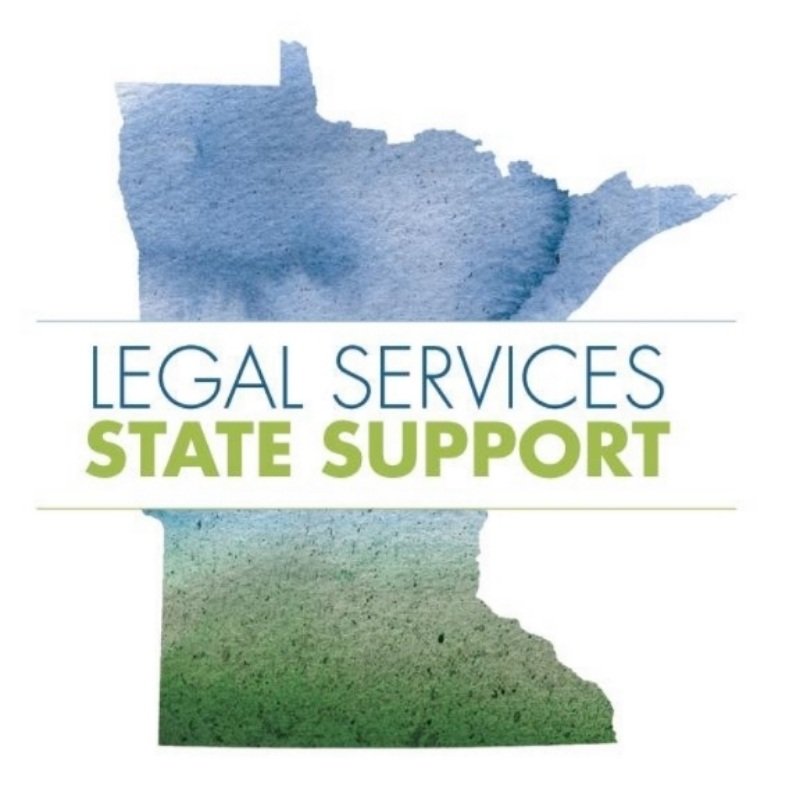A recent Star Tribune article about the requirement that tenants post back rent with the court in order to challenge an eviction on habitability issues highlights the interest of housing advocates in changing this “pay to defend” requirement. In the article, clients of Mid-Minnesota Legal Aid (MMLA) and others were unable to contest living conditions because of the inability to pay back rent in escrow with the court. Many feel the procedural requirement victimizes tenants living in substandard housing conditions.
In their Bench and Bar Magazine article, Fixing a Hole: The Fritz defense revisited, Luke Grundman, managing attorney of MMLA’s housing unit, and Jim Poradek, tenants rights litigator with the Housing Justice Center, address why Minnesota’s “pay-to-defend” requirement is a fundamental violation of procedural due process. Citing the landmark 1973 Minnesota Supreme Court decision Fritz v. Warthen, in which the court held that the covenants of habitability were a “statutory right” and “statutory mandate” that impose on landlords the affirmative duty to “maintain the premises in compliance with applicable health and safety laws” they explains how most low-income tenants facing eviction for nonpayment of rent never have their Fritz defenses heard.
In an interview, Poradek said, “It creates a pay-to-play or a pay-to-defend requirement before the tenant can actually raise their statutory right in court. In our view it is a quintessential violation of due process."
Read more in Bench and Bar and the Star Tribune.





